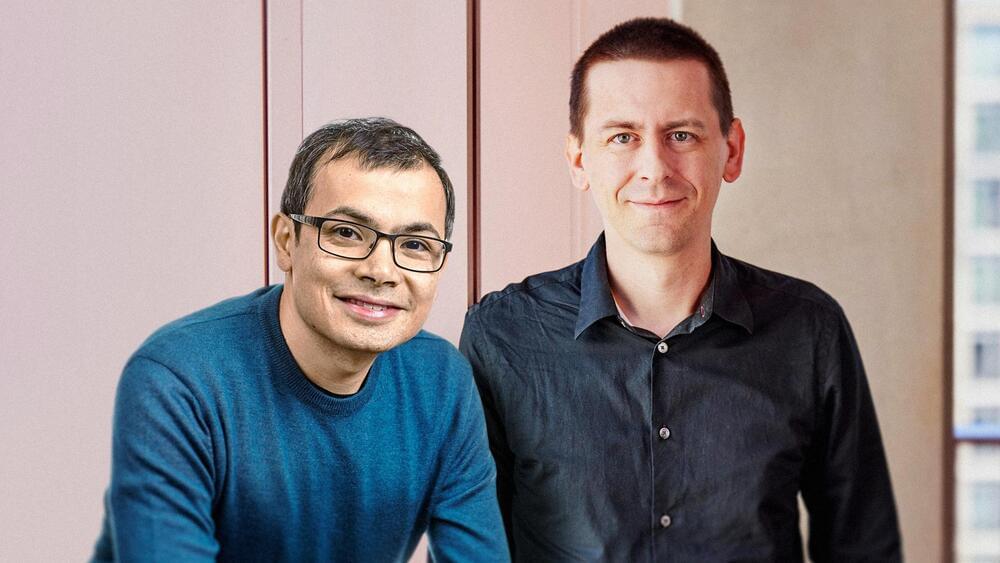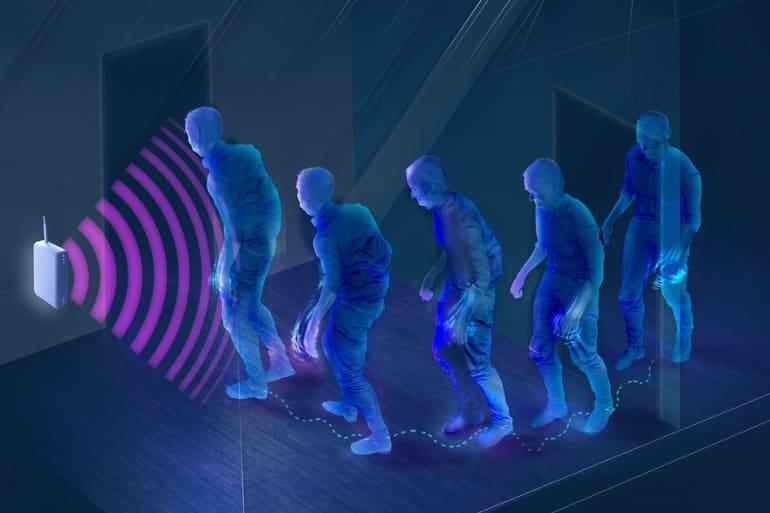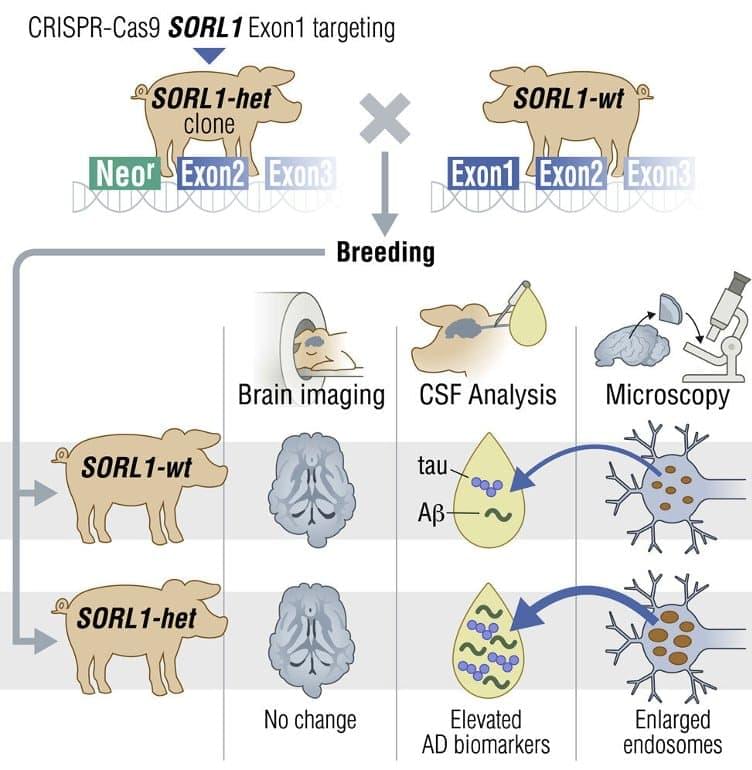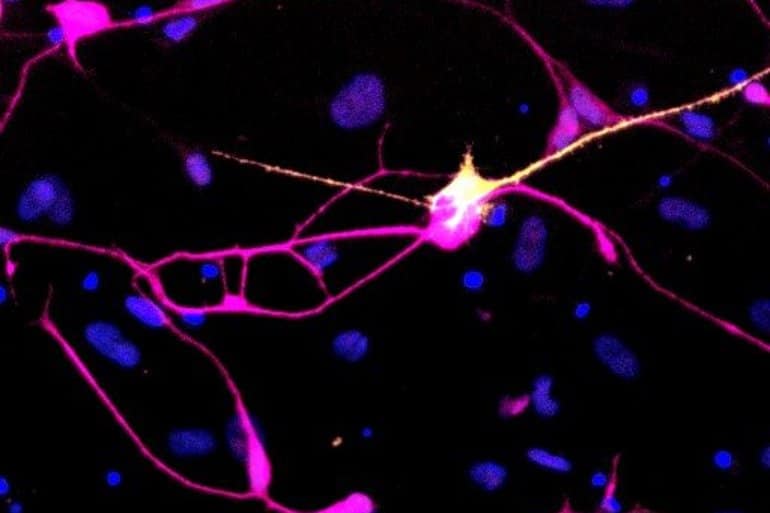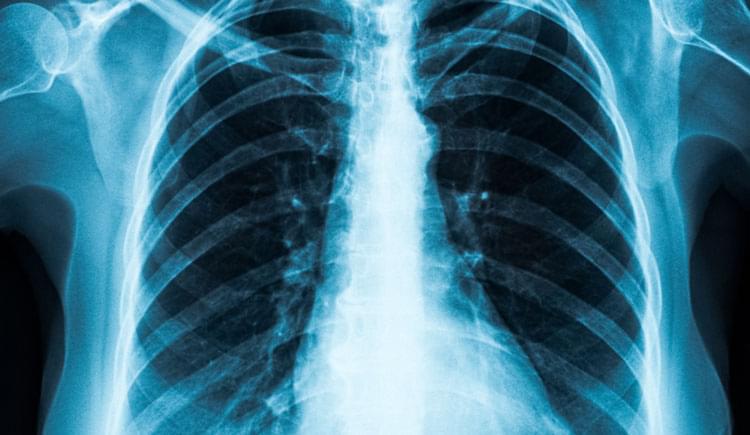
Most of us consider nightmares pretty harmless, but apparently, they can be a bad sign. According to research at the University of Birmingham, people who experience frequent bad dreams in middle age are more likely to be diagnosed with dementia later in life.
New research suggests nightmares may become common several years or even decades before the characteristic memory and thinking problems of dementia set in. The study will be published today (September 21, 2022) in The Lancet.
Founded in 1,823 by Thomas Wakley, The Lancet is a weekly peer-reviewed general medical journal. It is one of the world’s oldest, most prestigious, and best known general medical journals. The journal publishes original research articles, review articles (“seminars” and “reviews”), editorials, book reviews, correspondence, as well as news features and case reports. The Lancet has editorial offices in London, New York, and Beijing.
